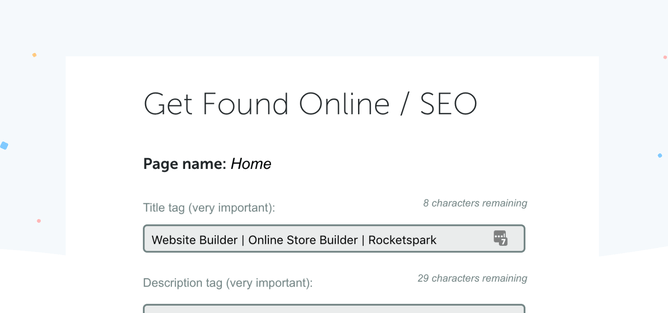Voice search is simply the act of talking to your digital assistant and asking it a question.
Digital assistant is a catch-all term for Siri on Apple, Alexa on Amazon or Google Assistant. We are smack bang in the middle of generation ‘voice.’ I know for myself, especially driving, voice search queries make my life a lot easier.
At the moment, especially in New Zealand, the use of voice search for ordering products - “Alexa, can you please order some toilet paper” - is almost non-existent. In the more mature American market, it’s common place to order without using a brand name. For any brand marketers out there, this new form of brand agnosticism is going to be a nightmare.
Marketing analytics company comScore estimates that by 2020, 50% of all Internet searches will be done via voice. Not only is voice search gaining prominence every day, but consumer purchase trends for smart speakers, wearable tech and other IoT devices is on the rise as well.
The Internet of things
The Internet of things or IoT is a broad term, for things that aren't computers, or things that we use to communicate (like IP telephones) that are internet connected. As a few examples, your smart air conditioning, or a smart coffee maker, a Fit Bit would be another. An IoT device can be broadly defined as any device that is internet enabled, that hasn't been before (aka a dumb device).
Examples: Dishwasher, Thermostat, Refrigerator, Hot Water Heater, Sprinkler Control System, Home Security System, Smart Watch, and the list goes on and on. All of these devices have "dumb" aka pre-internet versions. But making them "smart" gives them more features, capabilities, and brings them on to the Internet of Things.
So, as a digital first business, how can you prepare for voice searching?
1. SEO is going to be key. The ability to rank well will ensure that voice search results will pull your content through.
2. Aim for easy to digest content points - I mean if you’re answering a common question, have it laid out in easy to read bullet point form - a FAQ page is twice as likely to be featured as a voice result.
3. Optimise for “near me” searches. This is a no-brainer for voice search. Everyone is looking for a “coffee shop near me” or a “car mechanic near me” and having these kinds of search terms optimised in your content will help you show up when people are looking.
4. There’s a focus on pronounceability for Google Home. If there are words too hard to pronounce, your answer may be omitted altogether. And for our New Zealand customers, how Maori words, for Australian customers, Aboriginal words, will affect this remains to be seen.
Join our partner community
Become a Rocketspark design partner and get exclusive benefits. Find out more.


